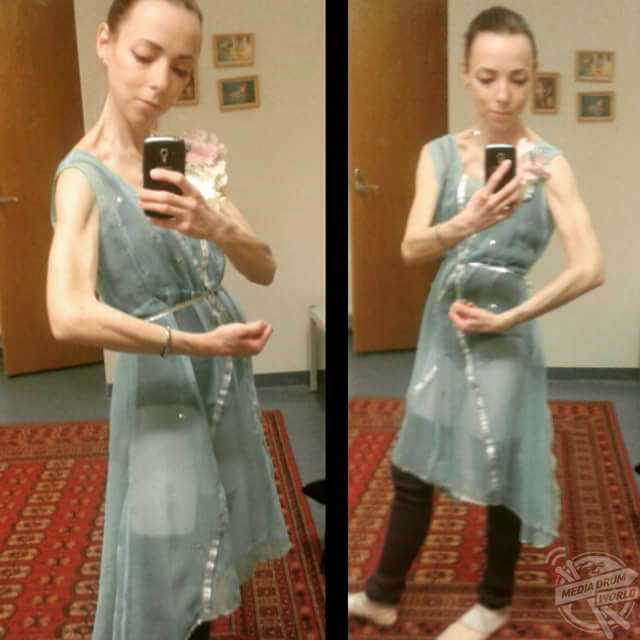By Rebecca Drew
A FORMER child prodigy who started playing the violin at just seven-months-old has revealed how she beat her anorexia demons that saw her run a half marathon daily and so low she was planning her own funeral until her “wish” was granted and she clinically died before being saved by her sister.
Expert by experience, Heidi Suihkonen (31) from Seinäjoki, Finland, was labelled a child prodigy after she started to learn the violin when she was just seven-months-old. Her music teachers trained her for competitions, and this made her critical of herself from a young age and lead her to become a perfectionist. Struggling to deal with her intense feelings and pressure from others, Heidi started to restrict food and exercise excessively to deal with her emotions, believing if she lost weight, she would be happier.
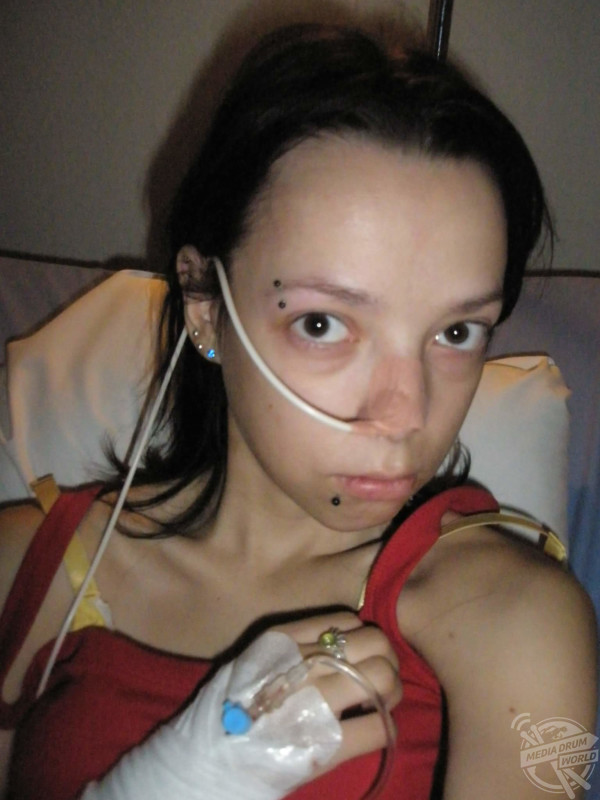
Heidi Suihkonen / MDWfeatures
However, Heidi became trapped in a cycle of restricting more and more foods, allowing herself chocolate, fat free yoghurt, certain fruits such as berries, vegetables and the occasional protein bar. As well as this, Heidi would work-out three times-a-day, and run a half marathon daily.
At her worst, she would wear clothes from the children’s section, but her turning point came when her heart stopped when she was 22-years-old and she was clinically dead. It was only thanks to her younger sister, who was studying nursing at the time, and performed a cardiopulmonary resuscitation that she survived and decided she wanted to live.
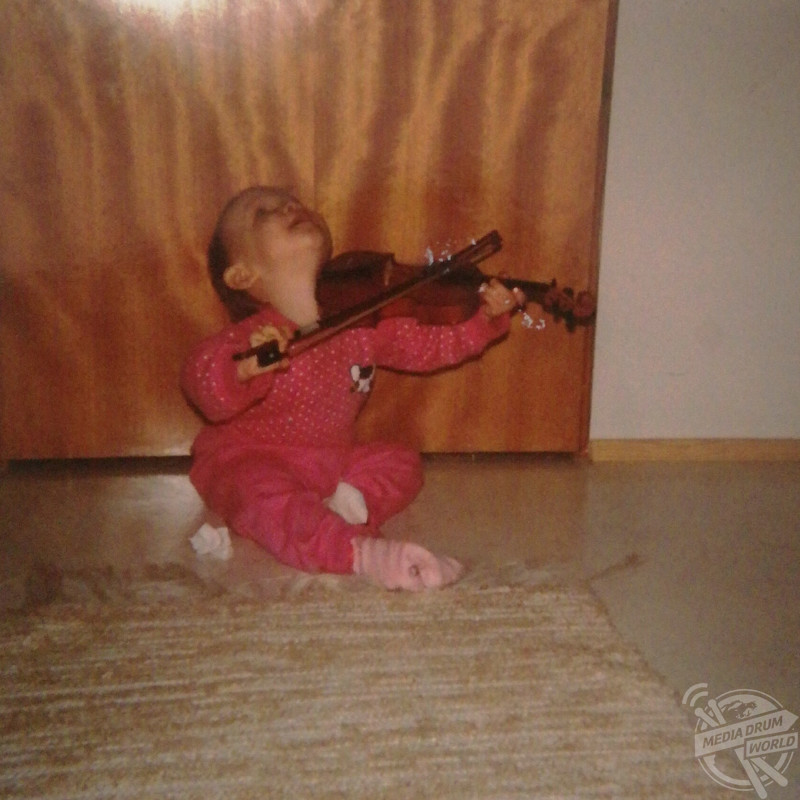
Heidi Suihkonen / MDWfeatures
Now, Heidi is a healthy UK size six to eight, but she no longer weighs herself as she sees no need to, saying that weights can be triggering to other anorexia sufferers. Despite her recovery, Heidi has osteoporosis which she developed when she was 20, kidney and liver damage and a heart murmur.
“I’ve suffered for sixteen-years, so half of my life. I’ve always been very perfectionist and demanded a lot from myself. I started playing violin at the age of seven-months, I was called a child prodigy, and my violin teachers started to train me for competitions,” said Heidi.
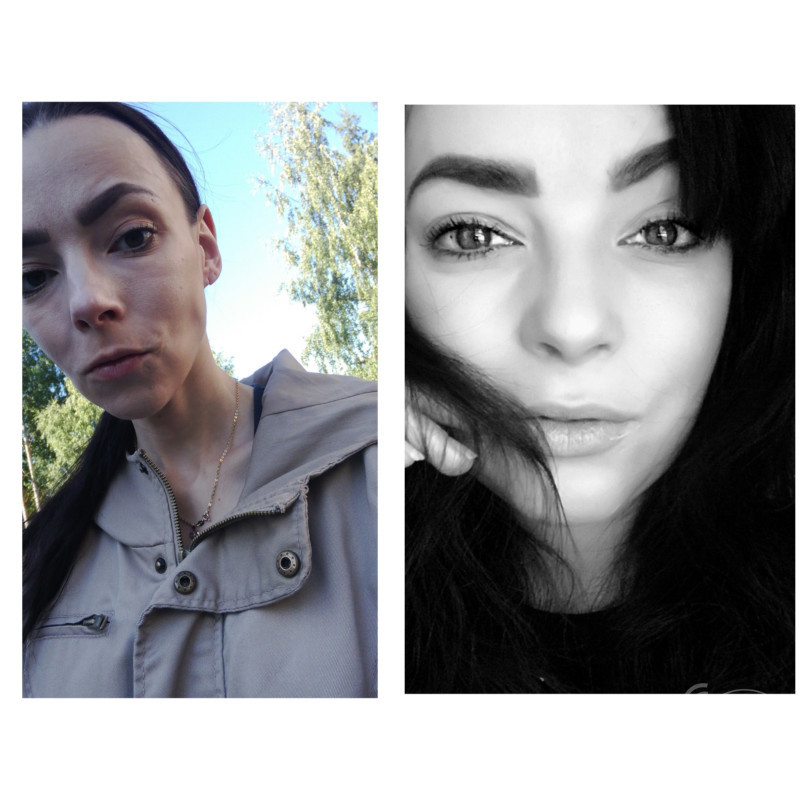
Heidi Suihkonen / MDWfeatures
“So I learnt from a very early age that I could never feel satisfied with myself, that I always had to be better, work harder and be more critical.
“That combined with my emotions, which have always been so much more intense than normal people’s, and not knowing what to do with my overwhelming feelings, I had to come up with a way to deal with them, and that’s how anorexia stepped in.
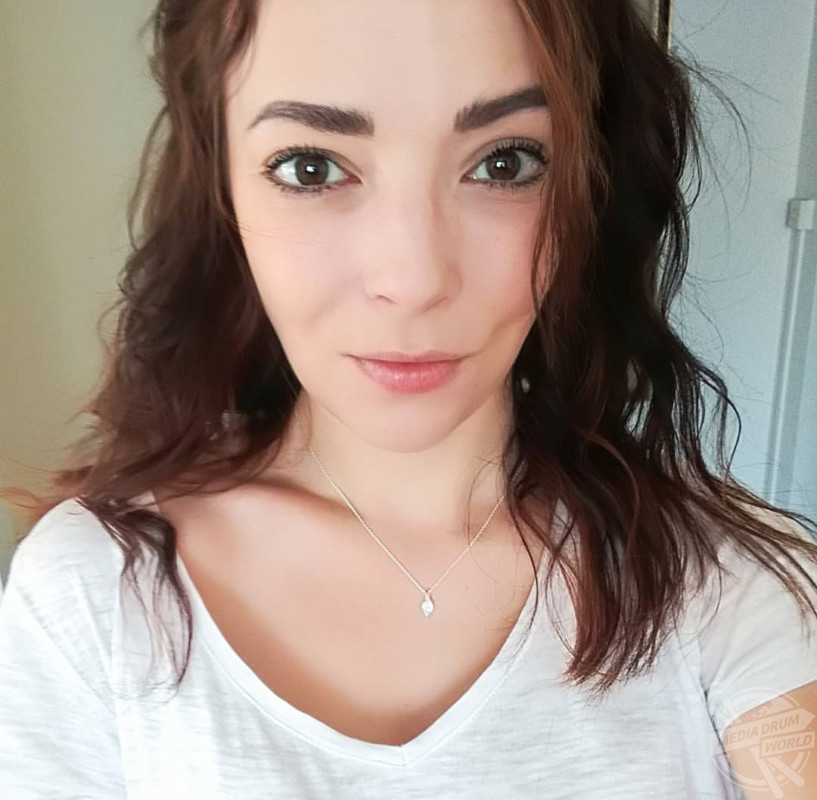
Heidi Suihkonen / MDWfeatures
“Food restriction and compulsive exercise shrunk my feelings so that I could manage them. I was also very dissatisfied with myself, didn’t like the way I looked and thought that if I could just lose weight, I’d feel better about myself.
“I didn’t care what anorexia caused. I didn’t care that it ruined my health. I developed severe osteoporosis at the age of 20, and it caused several compression fractures on my spine, which then has caused me chronic nerve pain.
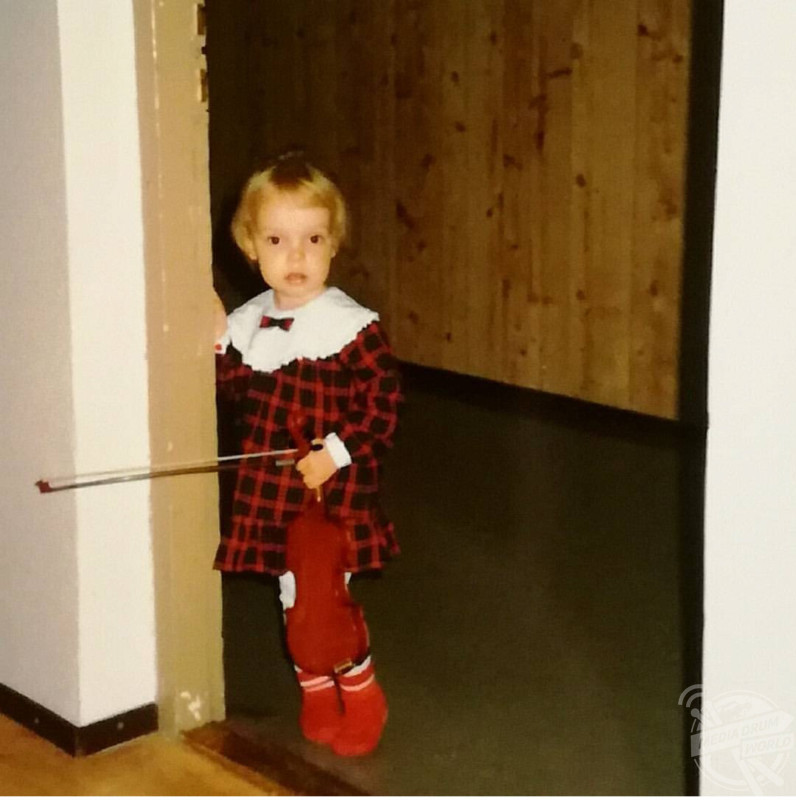
Heidi Suihkonen / MDWfeatures
“I developed fibromyalgia. I have a leak in my mitral valve, long QT-syndrome and a murmur, my liver and kidneys are damaged too.
“Everyone warned me that I’ll end up having osteoporosis and other health problems, but I didn’t care.

Heidi Suihkonen / MDWfeatures
“Because I didn’t care about myself. I wanted to die, slowly, because I was so bad and horrible person that I didn’t deserve even a fast death.
“I couldn’t think straight. I was in so much pain that I could walk my dog for max fifteen minutes under the influence of pain killers. I cried. I wished for death, but I was afraid of it.

Heidi Suihkonen / MDWfeatures
“In the evenings I cried myself to asleep, thinking who will find my body and when, and when will my dog, Doora get out and pee. I even started planning my own funeral.”
Now Heidi feels stronger than ever before but said the hardest part about recovery was getting out of her perfectionist mindset. She went into detail about the terrifying moment she decided to overcome anorexia.
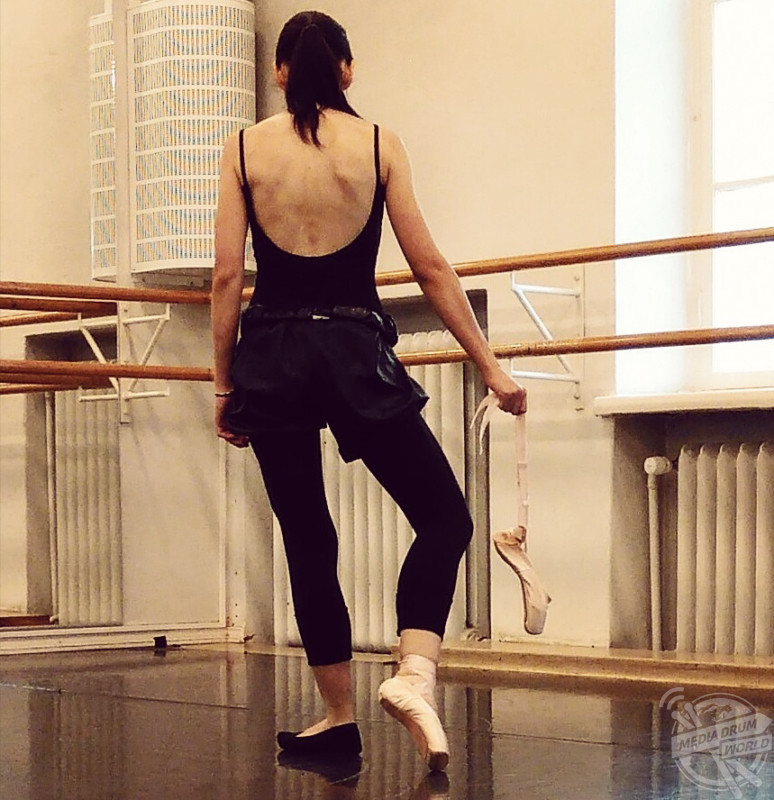
Heidi Suihkonen / MDWfeatures
“The first thing was when my heart and breathing stopped and I was clinically dead. Luckily, my little sister brought me back to life. This scared me so much that I started to fight for the first time,” she said.
“She saved me by resuscitating me with cardiopulmonary resuscitation. She was a practical nurse student and had just learnt that at school.
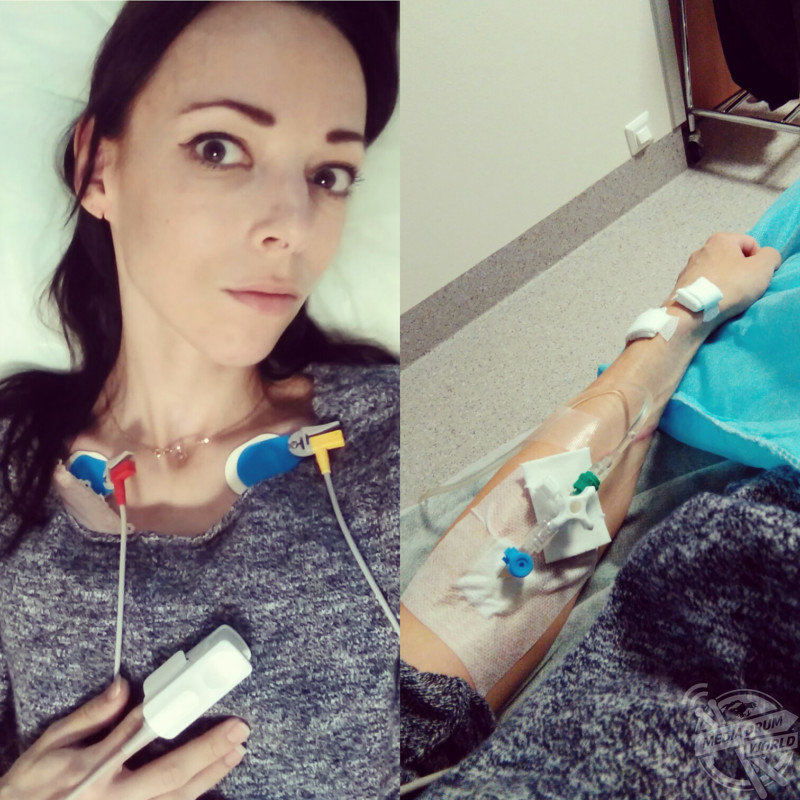
Heidi Suihkonen / MDWfeatures
“But for real, I got sick of anorexia. I wanted something else. I had dreams, plans, hopes. I’ve wasted half of my life obsessing over food, exercise and body, and I started to get little bit curious too: is there something else for me to explore?
“With real recovery and following MinnieMaud, my effort began to pay off: I got into the education of becoming an expert by experience, and then I started working as one, both of which have been huge dreams of mine for so long.

Heidi Suihkonen / MDWfeatures
“I got new amazing people into my life, and my work has brought so amazing new opportunities and I don’t want to ruin them with anorexia.
“I’ve always wanted to help people and now I get to do that, turn my experiences into something good and beneficial.
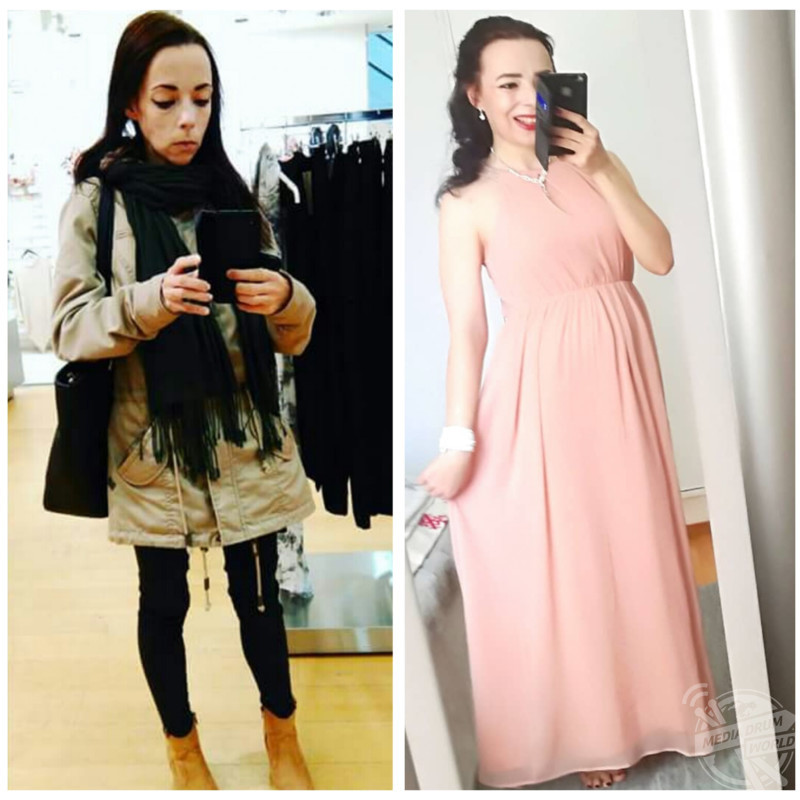
Heidi Suihkonen / MDWfeatures
“I have better and worse days but not even the worst ones affectmy life that much. But generally speaking, I feel so much better about myself now. I’ve learnt to care about myself and my body, I’ve learnt to accept myself the way I am, the way I look.
“I also feel so much stronger than before. I’ve beaten my worst demon, which I was told would never happen. I was told I’m a lost case, I’ll never recover. But I did.
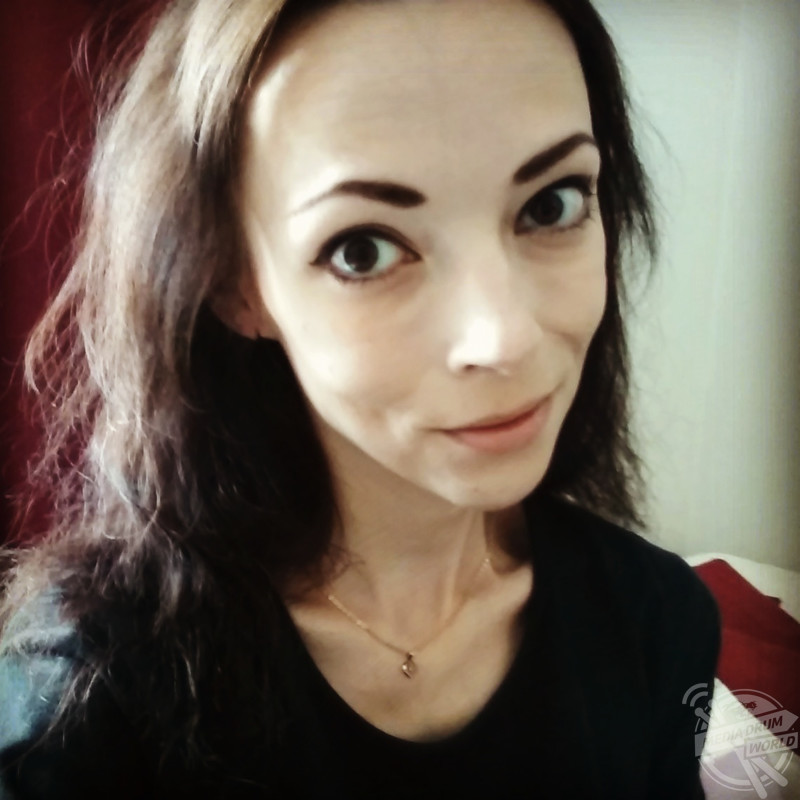
Heidi Suihkonen / MDWfeatures
“The mental part of it was the hardest. Learning to cope with my emotions, accepting my past and myself. Letting go of perfectionism and my excess need to control everything, and learning to trust my body.
“But the real hardest part has been to not relapse and giving in to anorexia in front of difficulties, because it has been my coping mechanism and addiction, and now I’ve just had to face everything without anorexia.

Heidi Suihkonen / MDWfeatures
“My family has said that they’ve got the real Heidi back, and that they couldn’t be happier. For so long they thought they’d lost me, but they didn’t.
“My spouse said that it’s a miracle that I’m not only alive, but also recovered and in this condition because I shouldn’t be alive anymore. He’s proud of how I’ve found my way to recover, how much I’ve searched for information and gained knowledge.
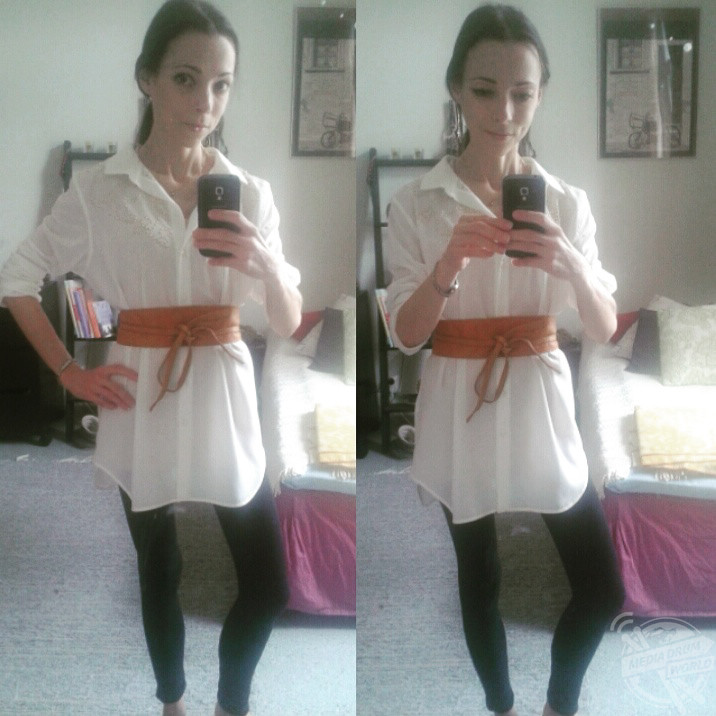
“He said how I have a good attitude, and how he admires me that despite having bad days and times, I always rise again and never give up.
“Both my friends and family has said how hard journey I’ve gone thru and that my recovery is like winning in a lottery.”
Heidi now enjoys food and is able to eat freely and exercises because she enjoys it, not because she feels like she has to. She shared her words of advice to other sufferers.
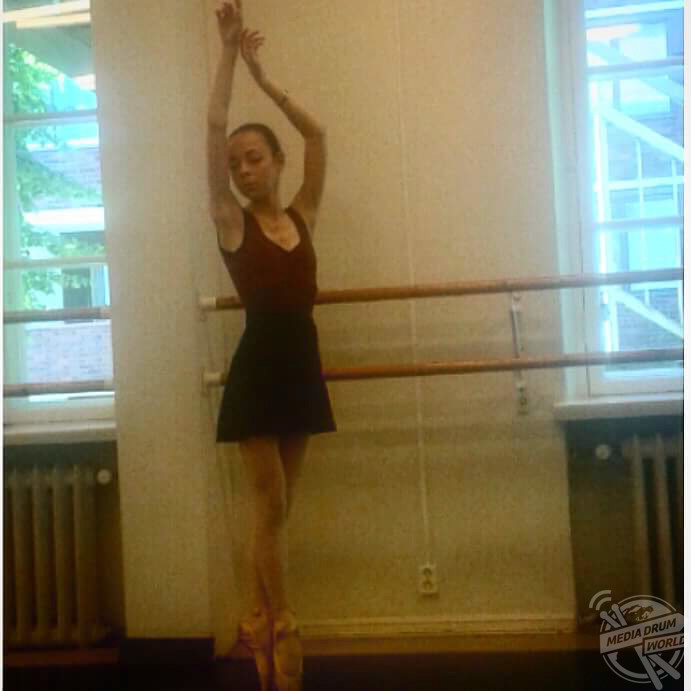
Heidi Suihkonen / MDWfeatures
“I eat whatever I want to as much as I want to, so I eat unrestrictively. I follow my hunger cues and eat completely intuitively, a skill I learned during recovery,” explained Heidi.
“I love running and dancing and I like to challenge myself and get better yet on my body’s terms. I don’t exercise to tone my body or lose weight, but I exercise because it’s fun, it makes me feel good and I like to have a healthy, strong and fast body.
“Exercising also decreases fibromyalgia symptoms and keeps my pain level manageable. I also do some yoga and Pilates.
“I want to tell you that you can recover. No matter how long you’ve been sick, regardless your size or looks or weight, you can recover.
“You are worthy of recovery and having a free and happy life. Just don’t give up! Never give up on yourself!”
For more information see www.instagram.com/heidis.real.journey

